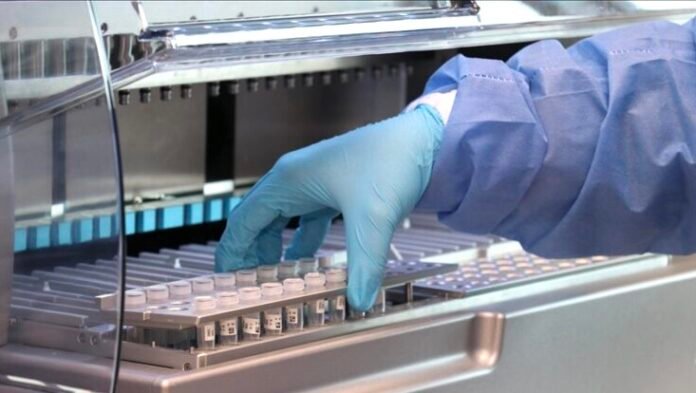Senior officials from Somalia and The Gambia say artificial intelligence is poised to become a “key” tool in African forensic work, but warn progress hinges on training, funding and sustained international support.
Somalia’s head of police criminal investigations, Col. Muhidin Ahmed Osman, said AI is already being tested to speed up facial recognition from video and to organize case evidence. “It is a new era in Somalia,” he told Anadolu on the sidelines of the 20th International Forensic Medicine Days in Antalya, where nearly 800 experts from 27 countries examined AI’s role in forensics.
Somalia established its first forensic lab in 2016 and has since trained units in digital forensics and fingerprinting, alongside plastic and DNA sampling. Osman said AI use remains limited to physical identification and that Somalia still lacks in-country DNA analysis; samples are sent to partner labs in South Africa. Somalia also exchanges biometric data with Kenya, Ethiopia, South Africa and Uganda. U.S. assistance embeds mentors in Mogadishu’s lab, with support from the FBI, African Union, UNODC, the EU and Interpol. Explosives analysis in terror cases happens locally, but some digital evidence is processed abroad.
“If we initiate artificial intelligence in our forensic lab, everything will be done faster,” Osman said, arguing AI could streamline suspect identification and tracking.
The Gambia is earlier in the curve. “We are basically manual still,” said Fa Kebba Darboe, who leads the country’s forensic medicine institution. “AI is in the pipeline … it will be a key player.” He said Banjul aims to upgrade DNA capacity and develop forensic ballistics and questioned-document examinations. Post-2017 efforts to identify victims from the Jammeh era relied heavily on confessions, with skeletal remains often yielding speculative conclusions—an area where AI-assisted skeletal and digital identification could help.
Darboe cited regional cooperation with Senegal, Ghana and the West African Network of Forensic Officers to bridge capability gaps while domestic systems improve. Staffing is a constraint—“we are only 15 personnel,” he said—adding that specialization, political commitment and international training exchanges, including with Türkiye, are needed in ballistics, toxicology and anthropology. “AI is the way for the new world … we will accelerate this with the political players to get the dream come true,” he said.
Source:Radar Africa








